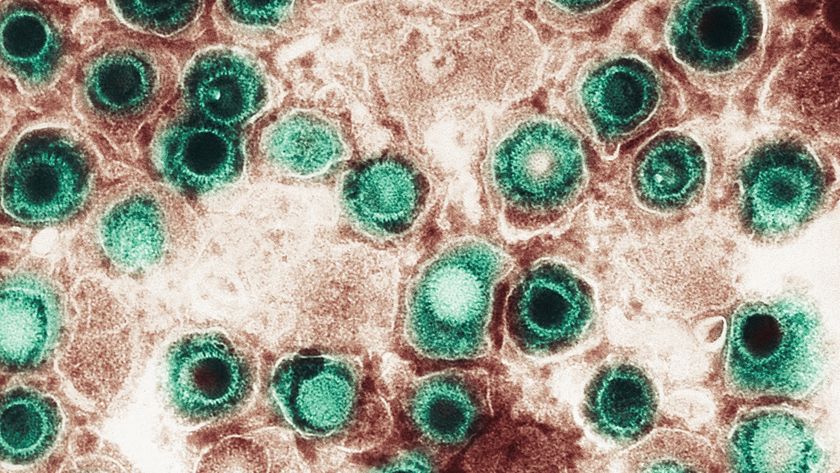Deaths from Alzheimer's Increase 50 Percent

Deaths from Alzheimer's disease are on the rise in the United States, according to a new study from the Centers for Disease Control and Prevention (CDC).
Researchers at the CDC found that, in recent years, the rate of death from Alzheimer's disease increased by more than 50 percent, from about 16 deaths per 100,000 people in 1999 to 25 deaths per 100,000 people in 2014.
And the number of people who died from Alzheimer's more than doubled during this period, from 44,536 deaths in 1999 to 93,541 deaths in 2014.
The increasing number of deaths from Alzheimer's is partly due to the growing number of older adults in the United States, as Alzheimer's disease most commonly affects adults ages 65 years and older, the CDC researchers said.
But the rise in the rate of deaths from the disease may also be due to an increase among doctors, coroners and medical examiners specifically reporting Alzheimer's disease as a cause of death, the researchers said.
The report also found that the percentage of Alzheimer's deaths that occurred at home, rather than in a nursing home or hospital, increased during the study period, suggesting that there has been a rise in the number of people caring for those with the disease. [6 Big Mysteries of Alzheimer's Disease]
"Millions of Americans and their family members are profoundly affected by Alzheimer’s disease," Dr. Anne Schuchat, the acting director of the CDC, said in a statement. "As the number of older Americans with Alzheimer's disease rises, more family members are taking on the emotionally and physically challenging role of caregiver than ever before. These families need and deserve our support," Schuchat said.
Sign up for the Live Science daily newsletter now
Get the world’s most fascinating discoveries delivered straight to your inbox.
Alzheimer's is a progressive brain disease in which abnormal protein deposits build up in the brain, causing brain cells to die. The illness is best known for causing memory loss, but it also has other debilitating effects on the body, possibly affecting people's ability to move and eat by themselves. There is no cure for the illness.
The disease is usually not the direct cause of a person's death, according to the Alzheimer's Society, a charity in the United Kingdom. Rather, people die due to complications from the illness, such as infections (including pneumonia) or blood clots.
Still, the new findings might underestimate the true number of Alzheimer's deaths, since some doctors may report pneumonia or other complications as the cause of death, rather than Alzheimer's itself.
Caregivers for Alzheimer's patients may benefit from learning about the stages of the disease and how to cope with the challenges of caregiving, as well as from home health assistance or caregiver support groups, according to the National Institute on Aging.
"Supportive interventions can lessen the burden for caregivers and improve the quality of care for people with Alzheimer's disease," said study co-author Christopher Taylor, an epidemiologist at the CDC's National Center for Chronic Disease Prevention and Health Promotion.
The study is published today (May 25) in the CDC journal Morbidity and Mortality Weekly Report.
Original article on Live Science.

Rachael is a Live Science contributor, and was a former channel editor and senior writer for Live Science between 2010 and 2022. She has a master's degree in journalism from New York University's Science, Health and Environmental Reporting Program. She also holds a B.S. in molecular biology and an M.S. in biology from the University of California, San Diego. Her work has appeared in Scienceline, The Washington Post and Scientific American.
Most Popular





